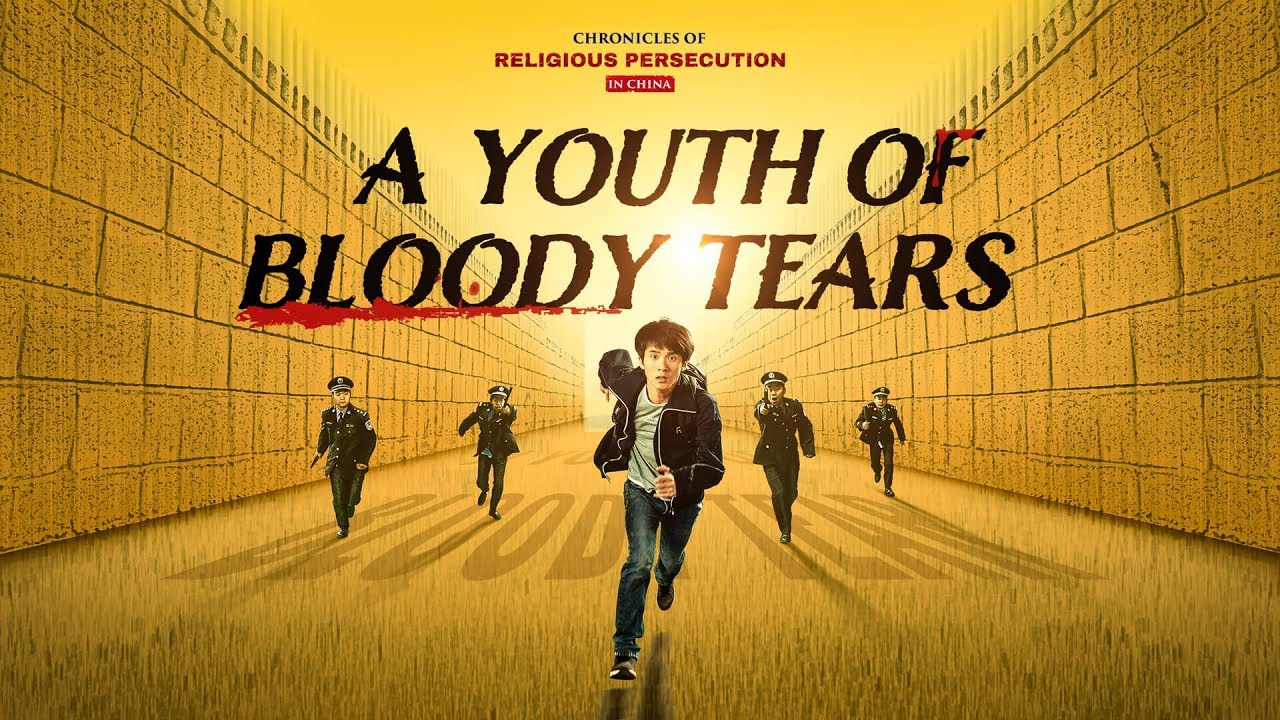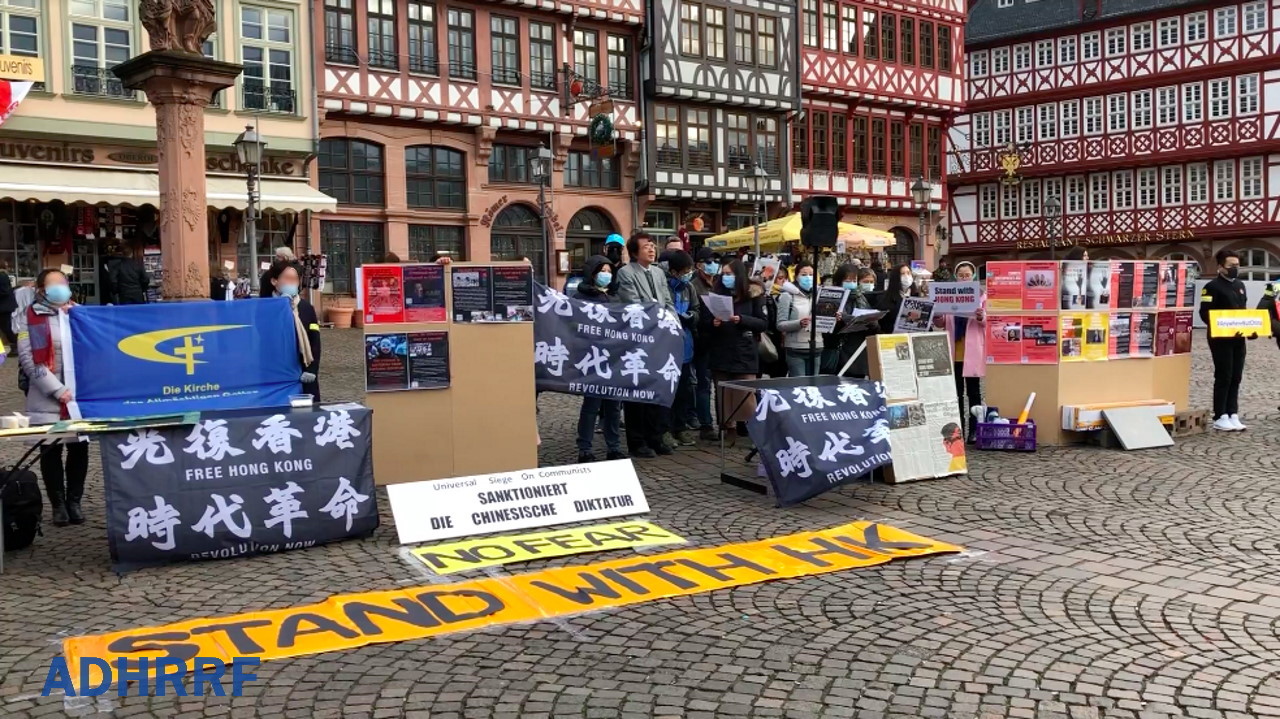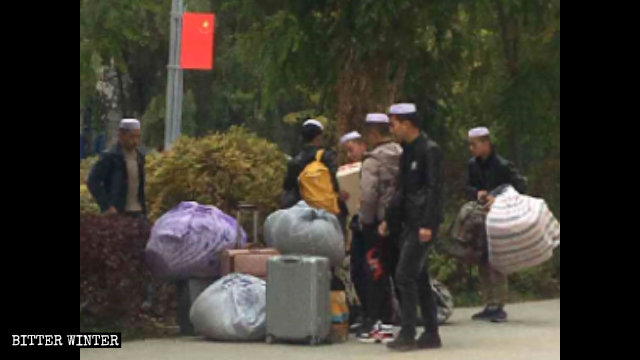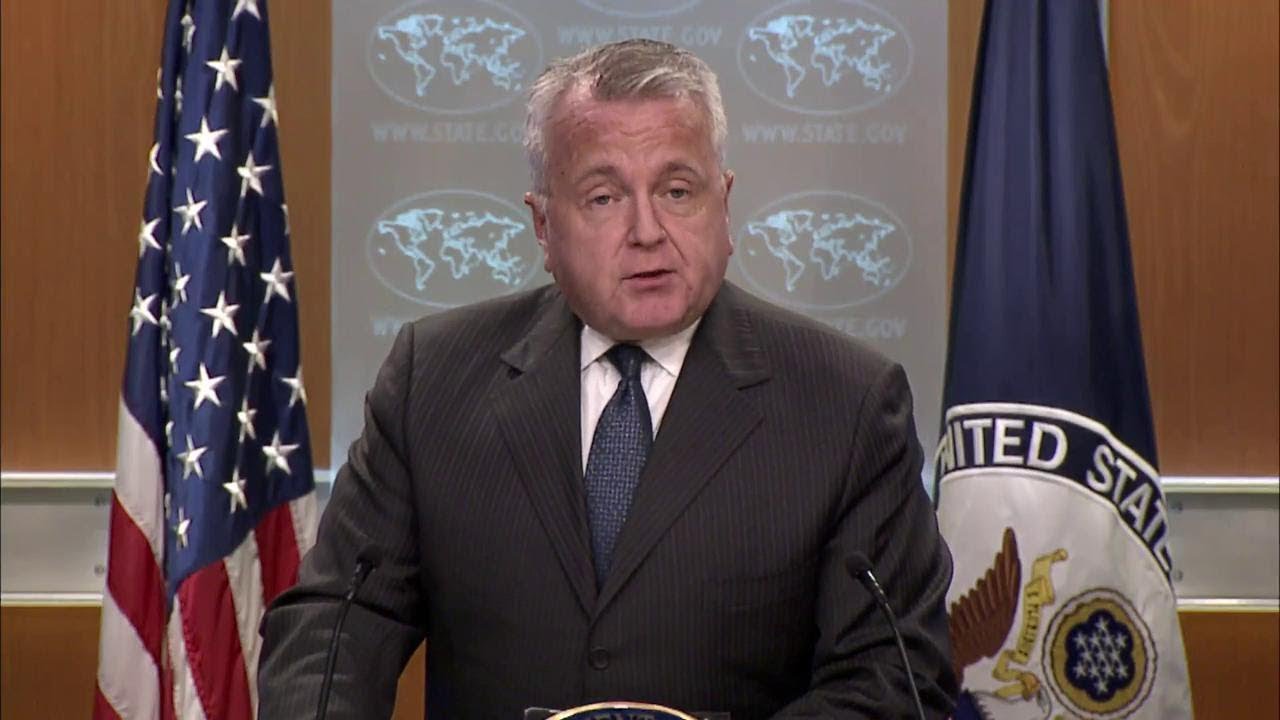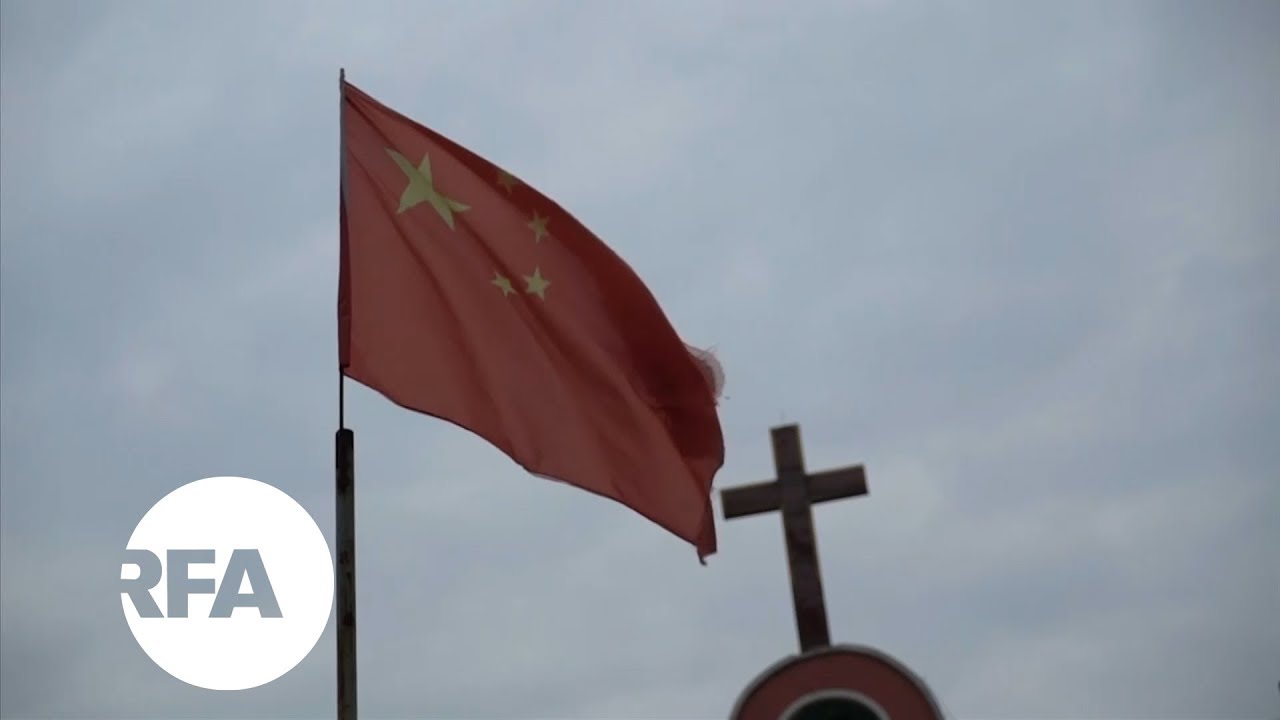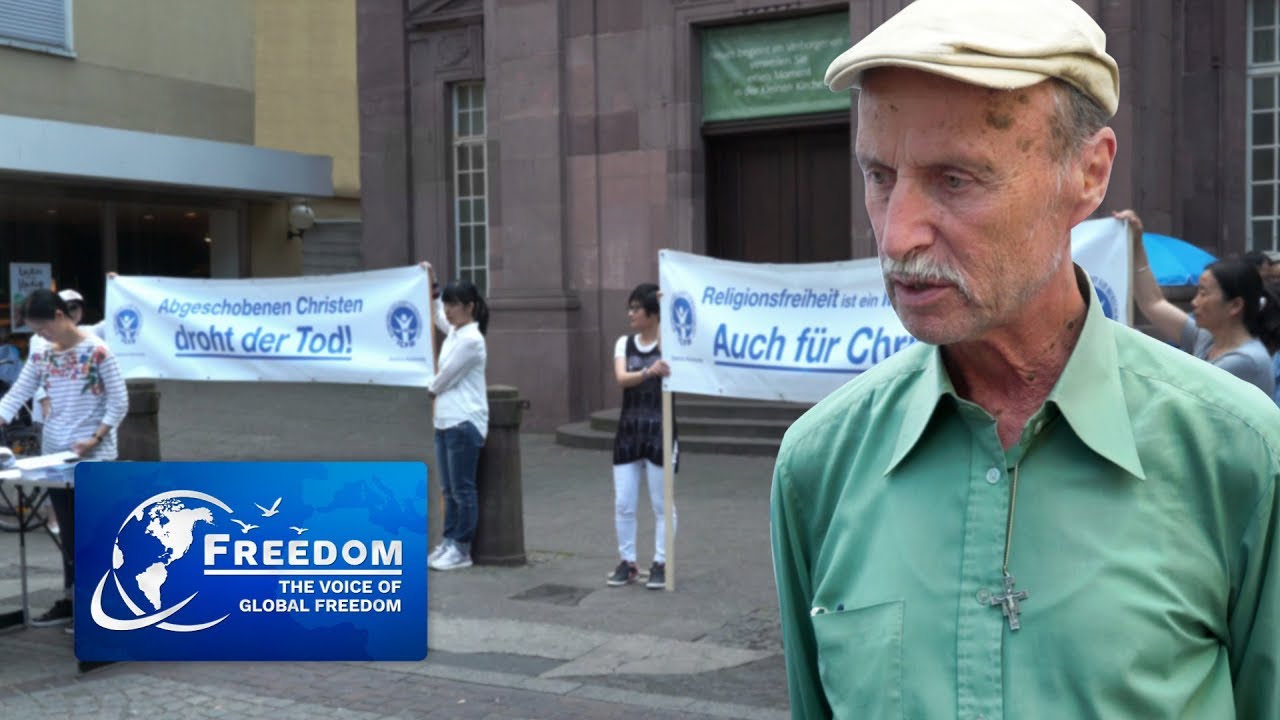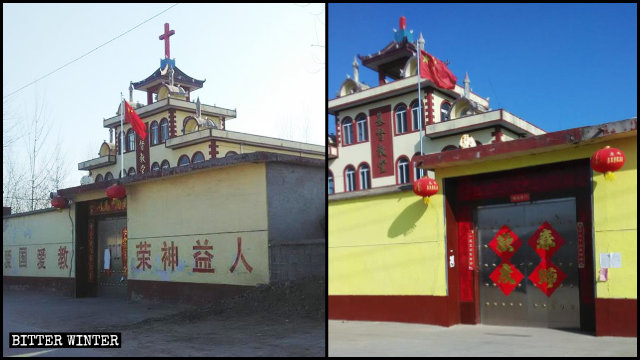The disappearance of Uyghur artist Sanuba Tursun highlights a staggering truth: the G Word is a reality.
Sanubar Tursun, an internationally renowned Uyghur musician, has disappeared in China. She had considerable influence in the rural south of Xinjiang Autonomous Region which sits along the strategic path of the new Chinese Silk Road (Belt and Road Initiative).
According to La Libre Belgique, she was expected to perform in Rennes, Angers, and Nantes, France in February 2019, but her performances were canceled in November 2018 when her travel was apparently restricted by Chinese authorities. Sources close to the artist reported that she has been arrested, tried and sentenced to five years in prison. Chinese authorities, however, have refused to confirm her whereabouts.
For the Uyghur’s, Sanubar’s songs expressed feelings that couldn’t be spoken openly, but she was also cautious and took care in selecting her lyrics, trying not to push the limits set by the authorities. Her concerts drew audiences of thousands, and her popularity worried the Chinese authorities.
Sanubar Tursun is not the first, nor will she be the last, artist to suffer this fate in China. In recent months, the CCP has conducted mass-arrests of Uyghur intellectuals and artists throughout the northwest areas of China. Other artists confirmed as also having been arrested include the well-known comedian Adil Mijit, pop star Rashida Dawut, the promising young singer Zahirshah who came to fame through the Voice of the Silk Road TV program, and the folk singer Peride Mamut whose Kashgar songs were popular during the post-Cultural Revolution scene in the 1980s.
The arrests of Uyghur intellectuals extend beyond artists and includes even established secular academics and members of the Communist Party and its official institutions. The President of Xinjiang University, a specialist in drylands, Tashpolat Tiyip “disappeared” at the Beijing airport in May 2017. Le Monde reported that he was traveling to Germany with a group of students for a conference. Tiyip has a doctorate from Tokyo University of Science and served as university president from 2010; he is an honorary doctor of the Ecole Pratique des Hautes Etudes (EPHE) in France.
Nothing was known of his condition until American Radio Free Asia (RFA) reported later in October that he was seen in a police indoctrination film, alongside five other Uyghurs convicted of “separatism.” Apparently, Tiyips’s death sentence was commuted to life imprisonment after two years for good behavior, a common practice in China.
Le Monde further reported that the former president of Xinjiang University Hospital, Halmurat Ghopur, was also arrested and convicted of having a “double face” and “feeding separatist thoughts.” According to Dilnur Reyhan, a French-Uyghur researcher at the National Institute of Oriental Languages and Civilizations, “Mr. Ghopur did all his studies in Mandarin, which is generally frowned upon by the Uyghurs. [The Chinese authorities] are attacking a pro-government elite, rectors, presidents of major universities, who have been serving the party…”
Reyhan, a specialist in identity and nationalism in the Uyghur diaspora added that “They arrest anyone who might be useful in a challenge, even inside the system. This confirms that China is not so much going after allegedly radicalized Uyghurs but is repressing ethnic identity. Islam is not the first or the only marker of Uyghur identity.”
Rachel Harris, a professor at the School of Oriental and African Studies, University of London, has called this repression targeting cultural and intellectual leaders, artists, academics, and writers, “cultural genocide,” a question that international scholars have started posing all the more in relation to many groups.
As previously published in Bitter Winter, the Chinese authorities have also created concentration camps for Uyghurs, the jiaoyu zhuanhua system, normally translated as transformation through education camps, although zhuanhua, in fact, means “conversion.” According to Chinese state propaganda, these camps ostensibly exist to “counter Islamic extremism,” but in reality, these harsh detention and indoctrination camps are where victims who resist the forced “deprogramming” from their religious faith are tortured, in some cases to death. These camps are intended to forcibly impose the Chinese language and culture on the Uyghurs, and other ethnic minorities.
The gentle name “transformation through education” is intentionally misleading. These camps are not schools, they are prisons. Inmates must work, in addition, to be continuously indoctrinated, and the “education” may be brutal. German scholar Adrian Zenz, a respected expert on this topic, reports that “several detainees have died, and others have suffered mental breakdowns as a result of the apparently inhumane conditions in these centers.” Zenz estimates that there are one million Uyghurs detained in these camps in Xinjiang, and he calls this “the most intense campaign of coercive social reengineering [in China] since the end of the Cultural Revolution.”
Repression against the Uyghurs is not limited to these internment camps. Outside the camps, Uyghurs are also required to attend political meetings and Chinese language classes. The state has confiscated Uyghur’s Chinese passports and restricted their contacts abroad. Special permission from Chinese authorities is even required to leave one’s home town. Religious restrictions are so stringent that the government has effectively outlawed Islam.
The disappearances and arrests of these famous Uyghur cultural icons in China demonstrate that no Uyghur is safe from these concentration camps no matter how great their celebrity or popularity. It also shows that the level of repression within the Xinjiang region is so extreme that no hint of dissent can be voiced there, not even by loyal members of the Communist Party.
Source:BITTER WINTER /

